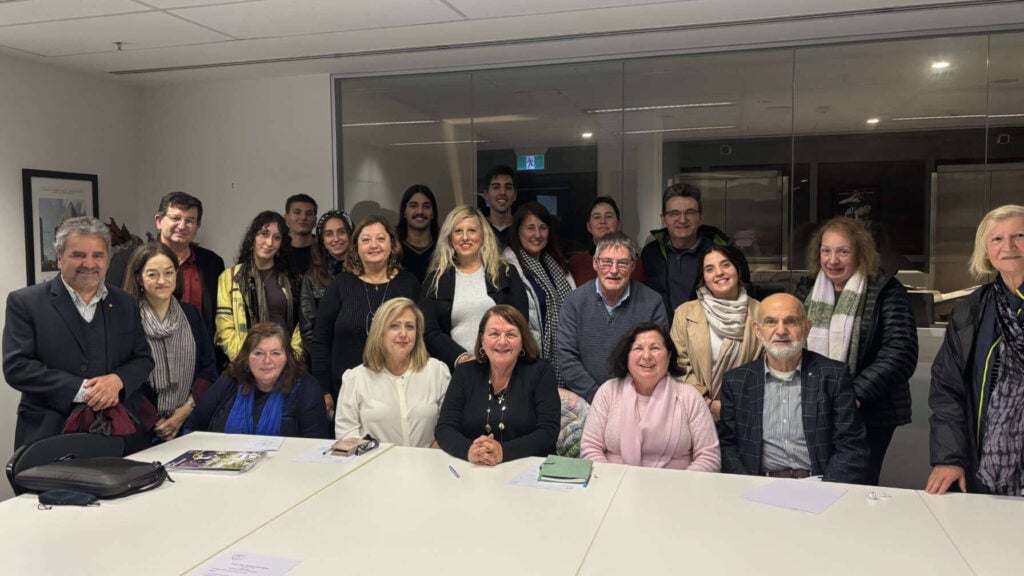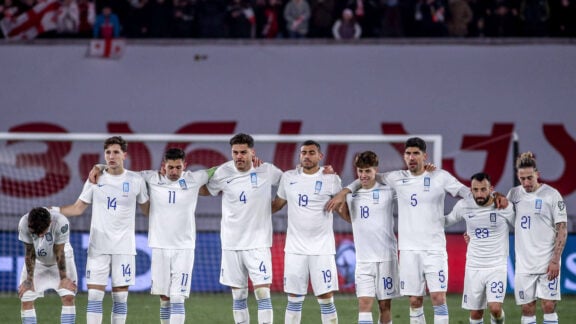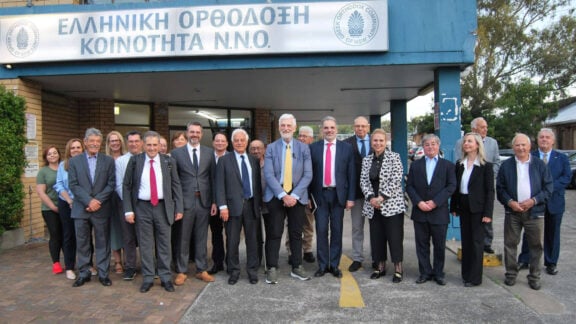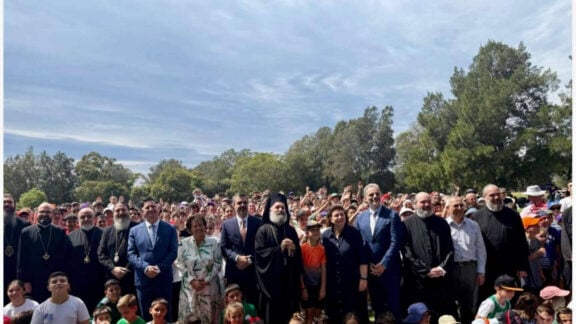At a pivotal moment for the future of the Greek language in Victorian schools, alarming new data has surfaced.
According to the most recent quarterly report from the Department of Multicultural Affairs for 2025, based on figures from the VCAA, Greek remains the second most funded language with 4,234 enrolled students. However, in 2023, only 196 of those students continued Greek at VCE level—a record low and the first time the number has dipped below 200.
This sharp decline highlights a troubling and ongoing pattern of language attrition in the later years of secondary education.
Speaking to Neos Kosmos, Theodoros Markos—a member of the Pharos Alliance and a well-respected advocate for Greek language education—called for renewed urgency and a shift in mindset.

STUDENTS DESERVE TO CONTINUE REGARDLESS OF PERFECT SCORE
“Not everyone gets a 40 – but everyone deserves to continue. In 2023, for the first time, the number of students studying Greek at VCE level dropped below 200,” Markos said.
“This should deeply concern anyone who cares about the teaching of the Greek language. Perhaps it’s time to rethink our approach and start thinking outside the box.
In 1998, around 650 students were studying Greek at VCE level. By 2008, that number had dropped to 300. Given that we’ve seen a new wave of migration from Greece over the past decade, we might have expected those numbers to stabilise. I estimate at least 20 per cent of current Greek students have roots in this new migration wave—so something isn’t working.”
Of the 4,234 students studying Greek in after-hours and Saturday schools, only 196 continued to Year 12 in 2023.
Markos also shared a troubling story recently recounted to him by the parent of a Year 11 student attending a Greek afternoon school:
“The teacher suggested that the student shouldn’t continue with Greek in Year 12 because he ‘wasn’t an excellent student.’ The parent was shocked—not because of grades, but because their child’s desire to continue Greek was tied to cultural connection. I was surprised to hear that such thinking still exists among some language teachers.

I sincerely hope it was an isolated incident, and not part of a wider practice where schools discourage students for fear of lower average scores.
After all, under the VCE scoring system, only about 8 per cent of students score a 40 or above. If that becomes our only benchmark, we are excluding the other 92 per cent—nearly everyone.”
In closing, Markos stressed that “if a student has the passion and willingness to continue with Greek, we must encourage and nurture that. Marks are secondary to effort and love for the subject. That goes for Greek too. Not everyone will score 40—but everyone deserves the chance to keep going.”
PHAROS: PRACTICAL STEPS TO REVERSE THE DATA
As part of the Victorian government’s consultation on language education, the Pharos Alliance submitted a comprehensive proposal outlining actionable steps to support language learning—especially Greek—and ensure fairer education policies.
Key recommendations in the submission include:
Reform of VCE language scaling, which currently discourages many students from continuing to Year 11 and 12. Faros calls for a fair and consistent bonus system for all languages.
Creation of three assessment categories for Greek, tailored to native speakers, recent arrivals, and students who have only studied Greek in Australia.
Strengthening pathways from kindergarten to VCE, with sustainable, clearly mapped learning trajectories that allow for steady language progression.
Increasing teaching hours of Greek in public schools, as current time allocations are insufficient to support meaningful advancement in later years.
REVERSING THE TREND IS POSSIBLE
Faros’ submission argues that the declining numbers are reversible—if there is political will, thoughtful planning, and genuine support from institutions and communities.
What is needed now is not just data collection, but the creation of conditions that allow students to continue learning Greek without unnecessary barriers—with encouragement, resources, and the belief that the language of their community has a future.










